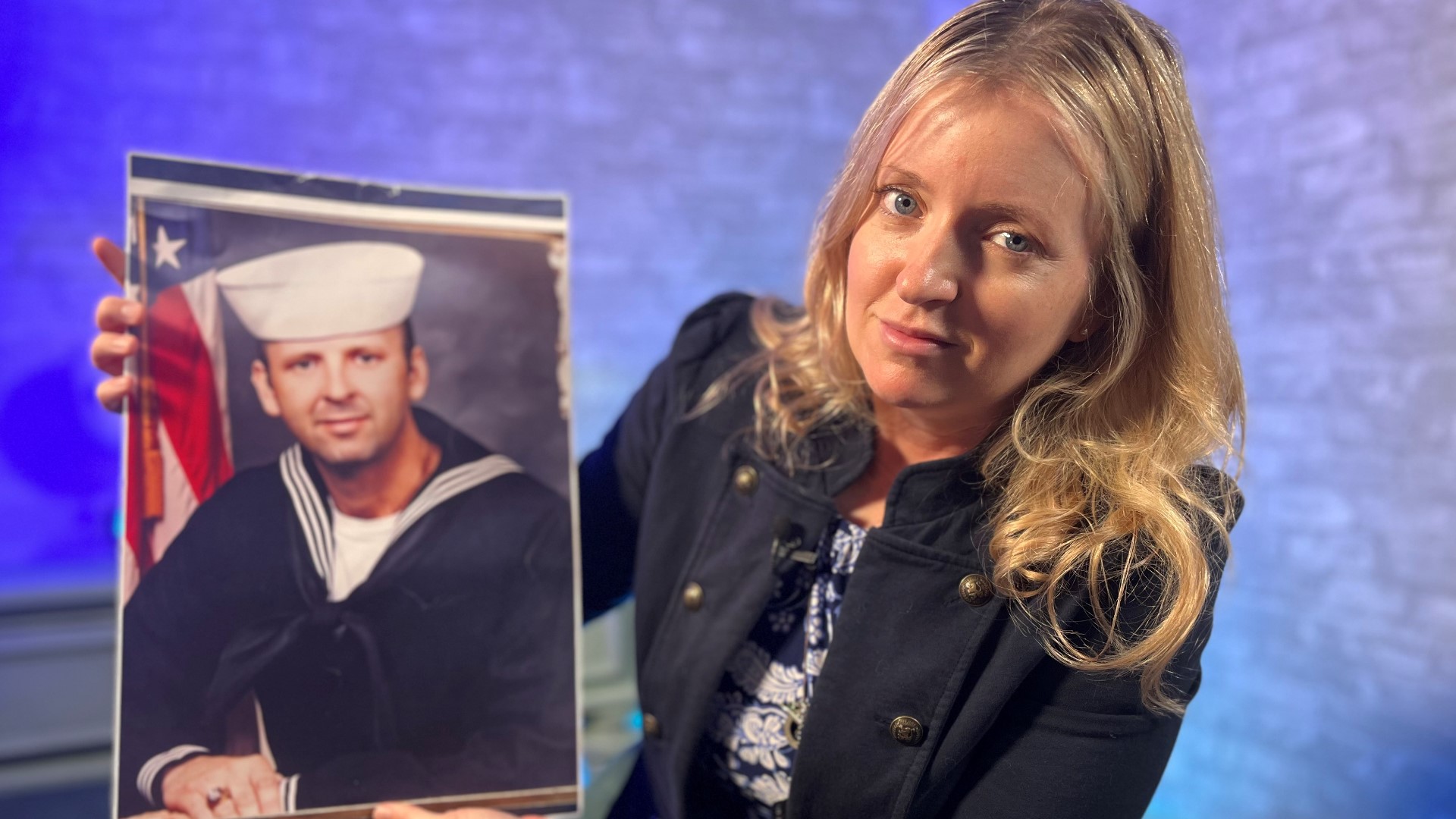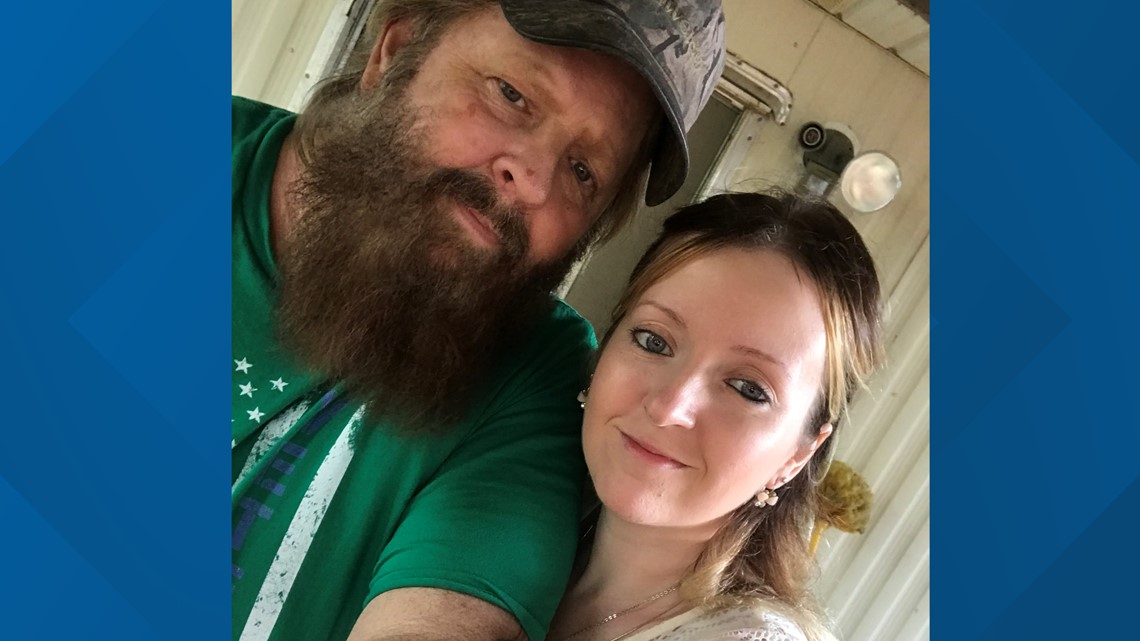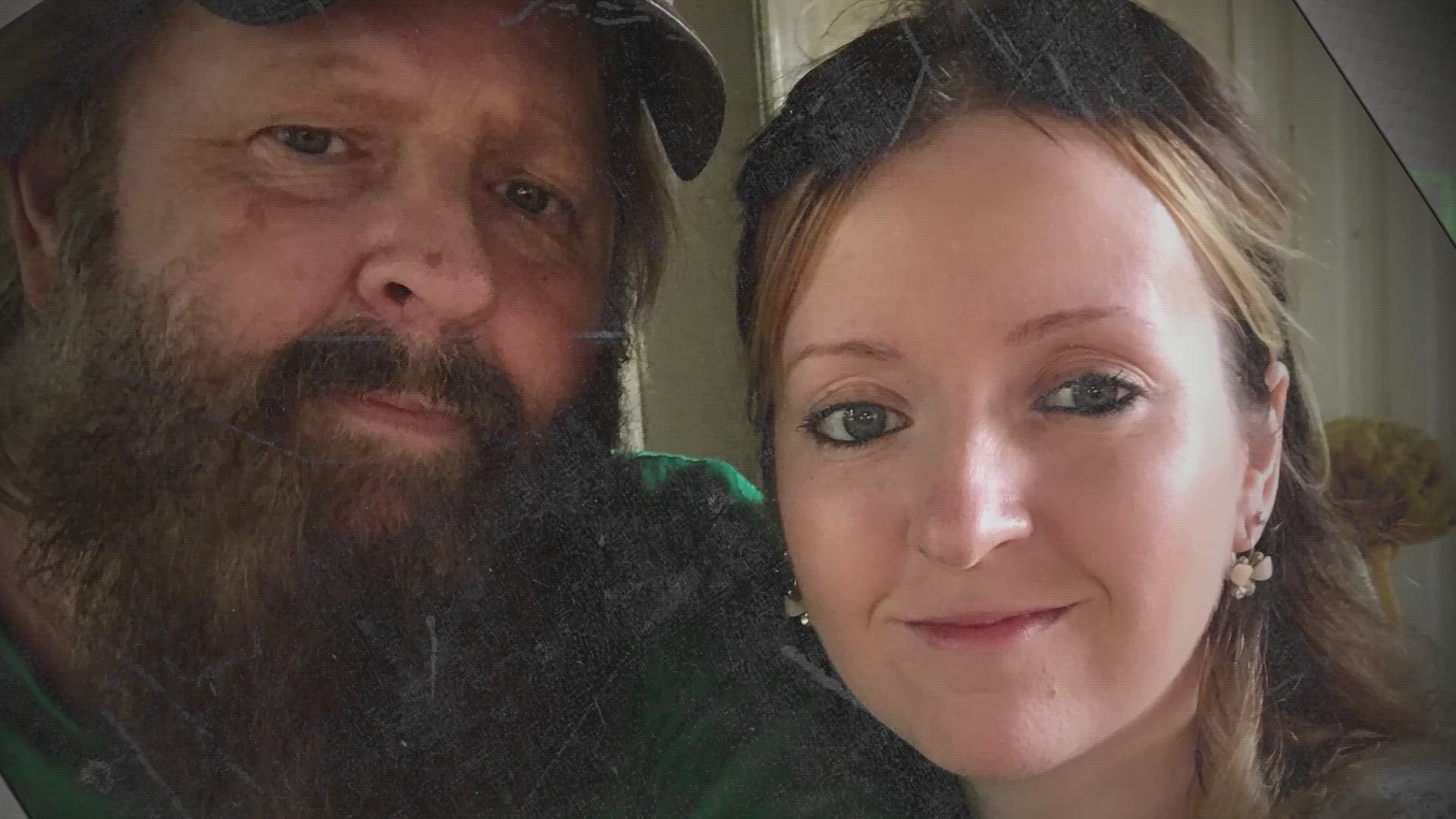Three bills aim to change or repeal Florida's 'Free Kill' law
In Florida, if you die of medical negligence and you’re not married, have no children under the age of 25, and are over the age of 25, your loved ones can't sue.

Efforts to repeal a Florida law that has been on the books for more than three decades are picking up steam.
Three bills have been filed in the Florida Legislature to repeal or partially repeal what critics refer to as the “Free Kill” law. In Florida, if you die of medical negligence, are over the age of 25, not married and have no children under the age of 25, your loved ones cannot file a medical negligence wrongful death lawsuit.
Critics call it "Free Kill" because if you survive, you could sue, but if you die, your family can't bring a lawsuit.
Her father died - she can't sue Sabrina Davis was 30 when her father died. She couldn't file a lawsuit.
It’s been three years since Sabrina Davis last heard her father’s voice.
“My dad and I had a great last conversation,” Davis recalled. “We ended it with 'I love you.' And I wouldn't change that.”
Keith Davis, a 62-year-old Navy veteran, was in a hospital near Tampa where he was admitted five days earlier for knee pain.
“I get a call. And it's from a lady at the hospital, and she says, ‘Sabrina, your dad is Code Blue. He has no pulse and he's not breathing. We need to know what you want us to do.’ I said, ‘I think you have the wrong person. I just spoke with my dad 19 minutes ago.’ And she said, ‘No, it's your dad.’”
Her father, who had served as a quartermaster on the USS Stonewall Jackson died in the hospital.
“He took an oath to defend the Constitution and our freedom,” Davis said. “And when I think about how my dad went to sea when I was just weeks old, and made it back home safe to me, and went to a hospital for knee pain and never made it out alive, it just doesn't make sense.”
Pointing to a picture of his swollen, red leg, she’s dumbfounded that the doctor never ordered an ultrasound to see if he had a blood clot. Especially since she says he had a documented history of a blood clot years earlier.
“My dad sent me a video of his leg where he actually says he can't point his toes up. That's a classic indication for a blood clot,” Davis recalled.
An independent autopsy revealed her father's cause of death.
“They contacted me right after they completed the autopsy. And they said Sabrina, ‘Your dad had a nine-inch-long blood clot in his left leg and a piece broke off, went straight to his chest and caused a massive saddle pulmonary thromboembolism, and it killed him,” Davis said. “And the autopsy doctor told me, had my dad had an ultrasound and blood thinners... the outcome may have been different.”
The Florida Department of Health found her father’s doctor failed to assess and treat his elevated risk for deep vein thrombosis and pulmonary embolism and committed medical malpractice.
Had her father survived, he could have sued. But because he died and wasn't married and didn't have any children under the age of 25 -- Davis was 30 at the time -- his family was barred from filing a medical negligence case. That’s because Florida enacted a law that's been on the books since 1990.
“The ‘Free Kill’ law basically states that if you're in Florida, it doesn't matter if you're a tourist or you live here, if you are single, divorced or widowed, and have no minor child under the age of 25, and you die of medical malpractice, there is no one who can sue the doctor at fault,” Davis said.


'More people are going to die' Davis believes doctors aren't being held accountable
The law was created to help keep medical malpractice insurance premiums from rising so doctors wouldn't leave the state.
Andy Bolin, an attorney who represents healthcare providers, thinks it's a fair law and believes if it's repealed it would further strain the medical system.
“I think if you have if you have a system in place where you think you have curtailed the exodus of doctors from the state, I think it's dangerous to start removing those protections and then finding out whether or not in fact, we needed them,” Bolin said.
But for Davis, it's about holding doctors accountable, and in her father’s case she doesn’t think the Department of Health did enough.
“They gave him a $7,500 fine and continuing education classes. I don't know what continuing education class this doctor hasn't taken in 40 years. To me, that's not enough. That was a slap on the wrist,” Davis said. “But I don't believe that it's enough to make him do better. And that's where the problem falls. If we want good doctors, we need to raise the standard of care. Because without motivation to do better, more people are going to die.”
The Keith Davis Family Protection Act A bill honoring her dad is introduced
Since her father's death she's been fighting to change the law, sharing her story with lawmakers around the state and making trips to Tallahassee, determined to make a difference. This month a bi-partisan bill bearing her father's name, The Keith Davis Family Protection Act, House Bill 129, was introduced into the Florida House to repeal the law.
“If he knew that his death would be a reason for his only child to bring such a fight, and be the voice to create change, I think he'd be proud. I don't want this fight. I’d rather know nothing about it," Davis said. "I miss my dad; I miss being a mom to my son. In fighting this, it has taken so much time away from my life. But I think my dad would be proud. And maybe it would complete the promise to the oath that he took that he would give his life... if it means freedom for the people. And that reason is why I won't give up.”
Two other bills seek to change this law House Bill 77 and Senate Bill 248 could also change the 'Free Kill' law
Two other bills have also been filed in the Florida Legislature. House Bill 77 would remove the provision that prohibits parents of adult children from recovering certain damages in medical negligence suits.
State Senator Clay Yarborough has also introduced a bill in the Florida Senate that would offer an alternative for those currently shut out of court.
“Today you don't have any access to the courts. And previously, when we've taken up these kinds of bills, they've passed the House but not the Senate or there's been interest on one side but not the other,” Yarborough said. “So, this may not be completely where some out there may want it to be, but it's still opening up a path that doesn't exist today under current law.”
Senate Bill 248 would require those families whose loved ones were over the age of 25, not married, and had no children under 25 to first file a complaint with the Department of Health or the Agency for Health Care Administration. Then they would have to find probable cause before a lawsuit for medical negligence could be filed.
“You file a complaint,” Yarborough explained. “Then you have a determination that's made by the panel and the Department of Health, the probable cause panel, and they say this looks like it was medical negligence, then you have standing that you can then go to the court, and you can file a suit in civil court to be able to sue for damages for medical negligence.”
Davis says while she wants the entire law repealed, she's appreciative of the effort that's gone into creating SB 248.
"I see this as an opportunity to better their understanding of the AHCA & DOH process, in an attempt to make the Senate bill better. For 33 years, the legislators' goal has failed to reach the outcome they desired, and has created a cascade of unintended consequences for many families," she said. "The future families are counting on us to make sure they do not end up in the nightmare we are in. My goal is cultivate relationships that will ultimately reach a consensus and make the great change that is overdue."
Ultimately, only one bill on this topic, if any, can pass the legislature.
Yarborough would like to hear input from everyone. He will be at the upcoming Duval Legislative Delegation meeting at Jacksonville City Hall November 2, 2023. It's taking place from 1 p.m. to 5 p.m. and is open to the public. Constituents can address local lawmakers ahead of the upcoming legislative session. If you want to speak, October 30 is the deadline to fill out a speaker request form.


